Didactics + Conferences
We are proud to offer a wide array of didactic experiences to our residents emphasizing evidence based medical practice and high value care. Small group workshops, flipped classroom models, faculty and resident led didactics and multi- media presentations are all employed in our curriculum.
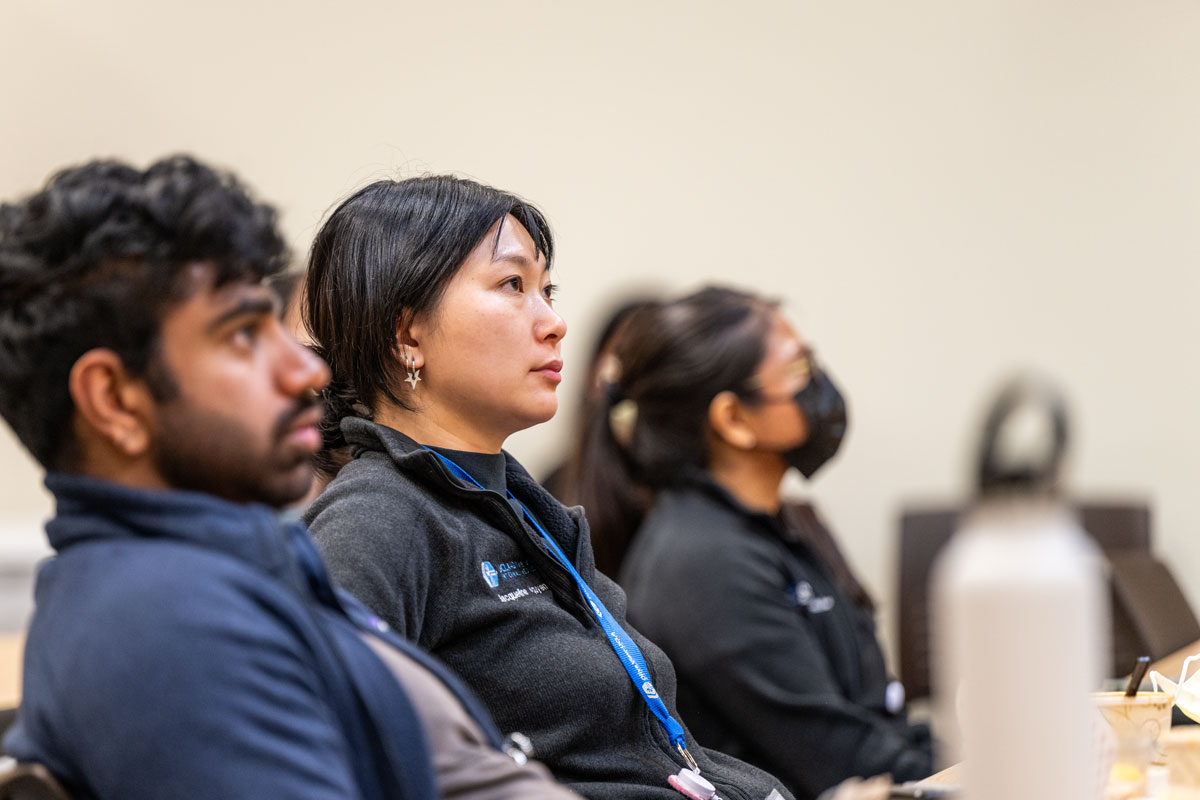
Academic Half-Day
During the +1 Ambulatory Week, interns dedicate Wednesday mornings to an academic half-day. They engage in didactics focused on primary care, skills workshops, simulations and wellness activities led by faculty and chief residents.
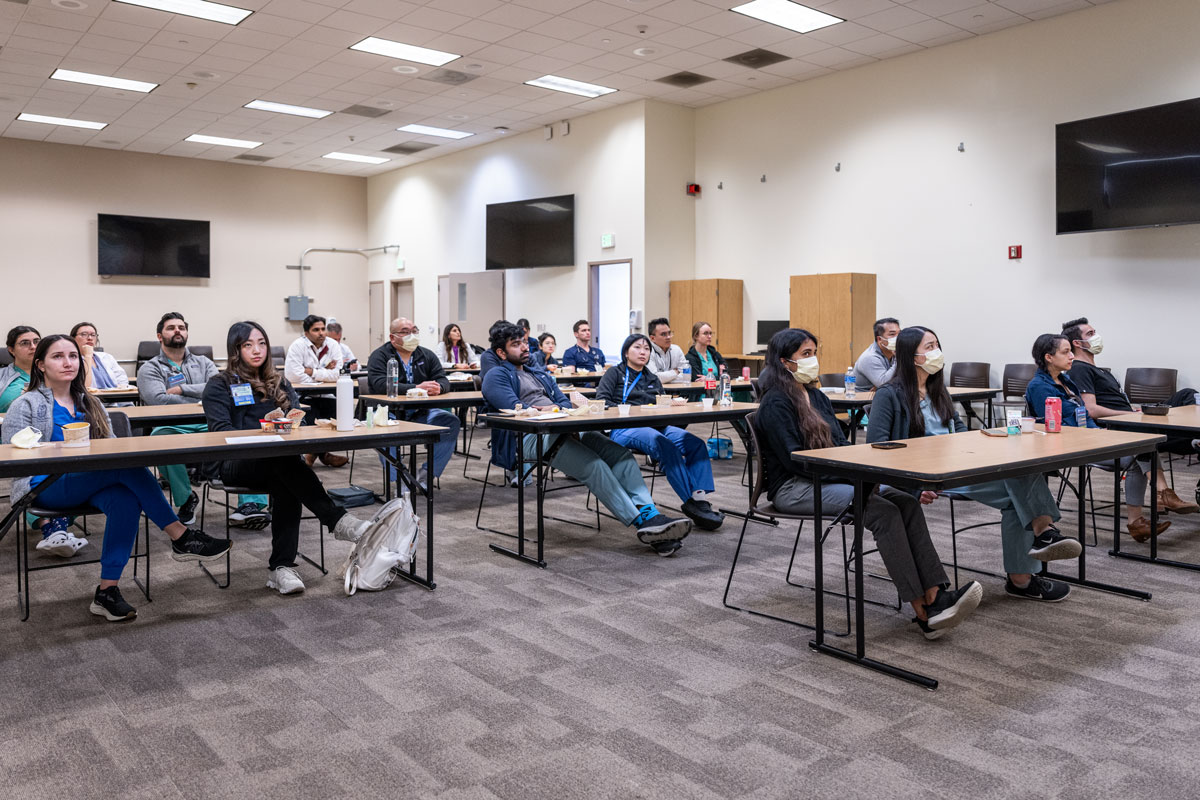
Noon Conference
The lunch hour is dedicated various didactics. These include clinical case conferences, hands on skills workshops and simulations, morbidity & mortality, and journal clubs/evidence-based medicine lectures instructed by faculty and residents.
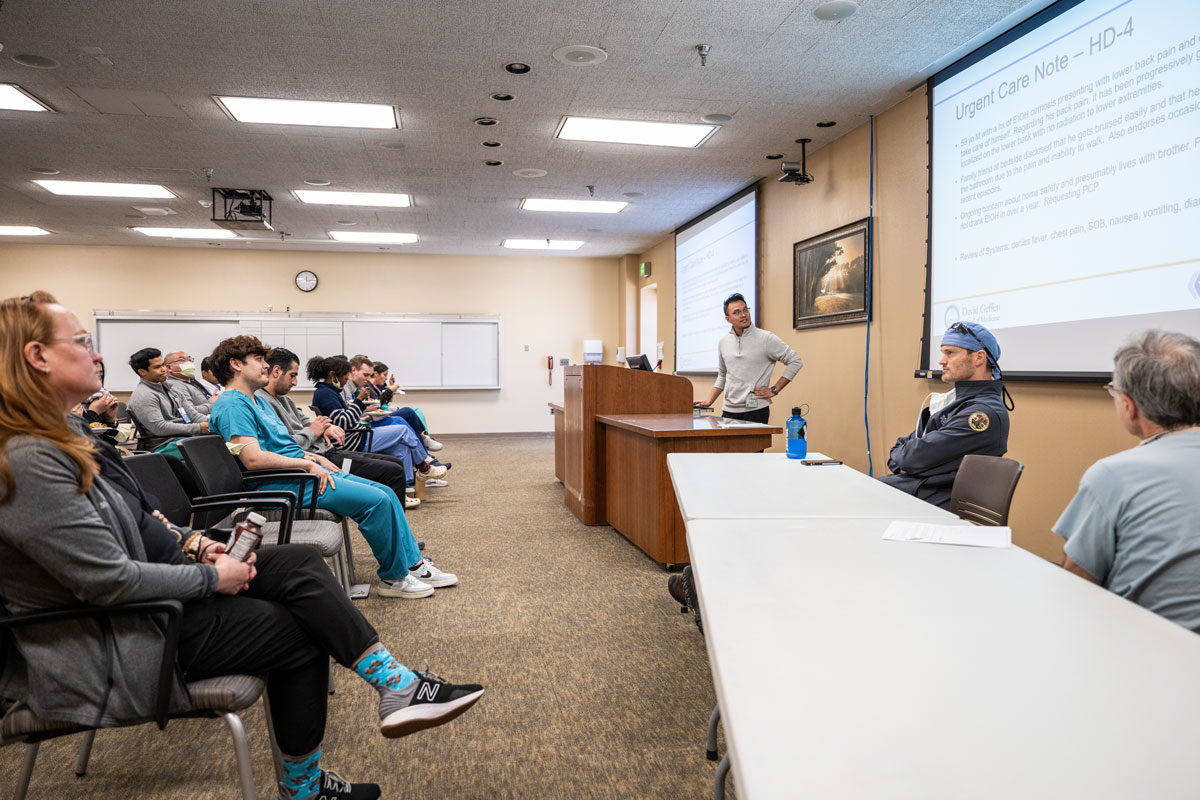
Morbidity + Mortality
Residents lead reviews on morbidity and mortality cases, fostering constructive discussions. These sessions are guided by a panel of faculty moderators and subspecialists who provide expert opinions for each case.
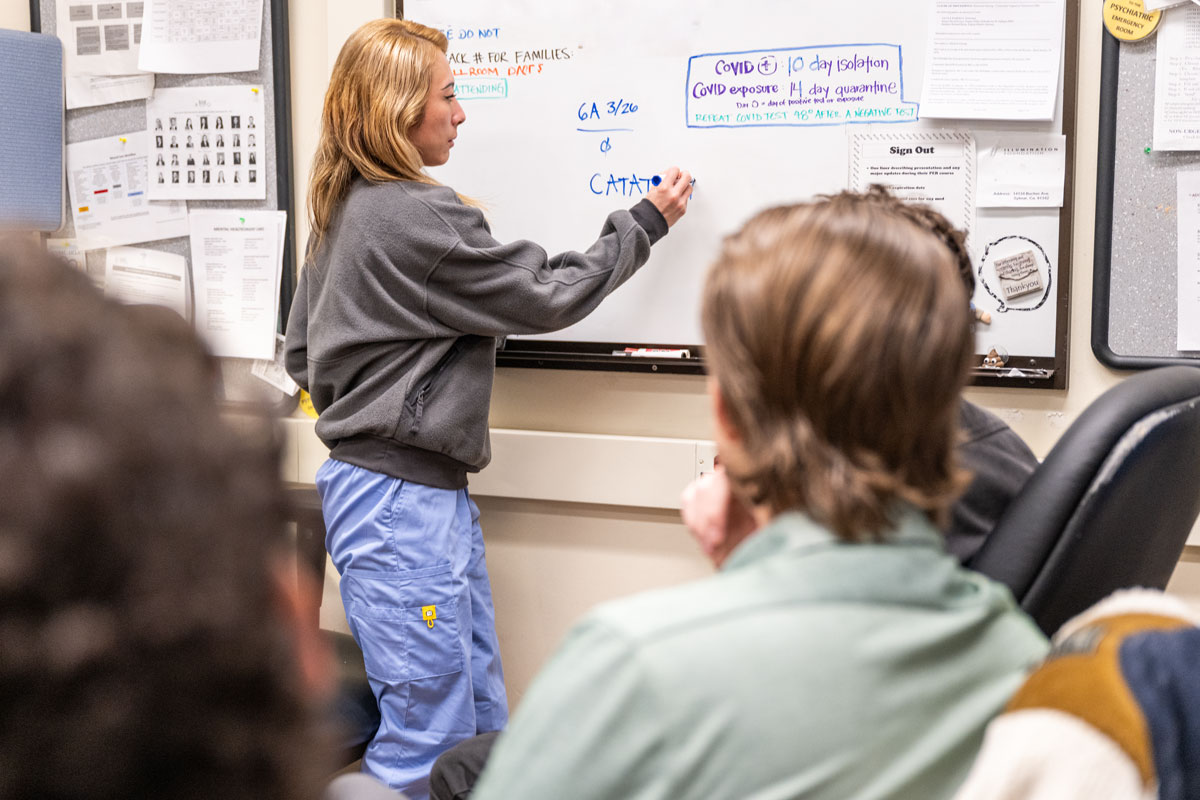
EBM Quick Hits
Landmark articles are reviewed weekly to reinforce must-know evidence for current medical practice.
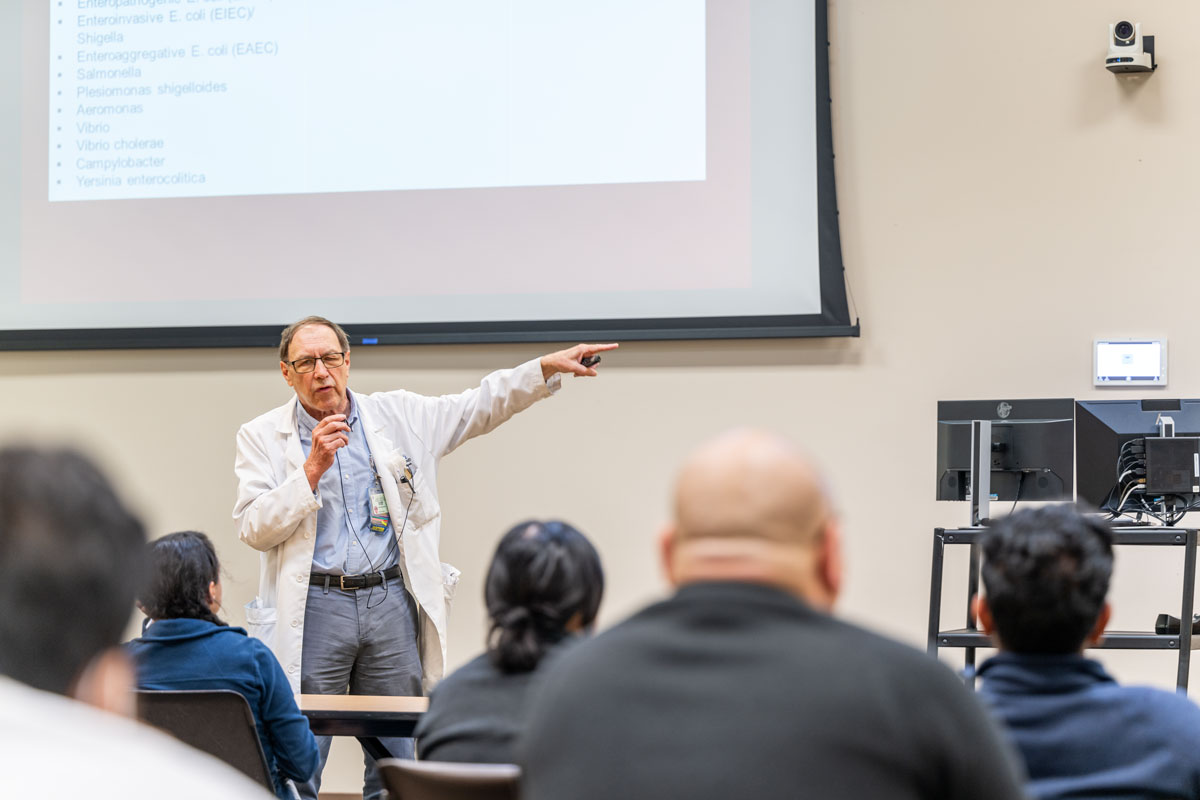
Journal Club
Residents collaborate with faculty members to lead journal club discussions that evaluate the strengths and limitations of different research studies, including discussion on study design, data analysis, and application of findings to patient care and clinical medicine.
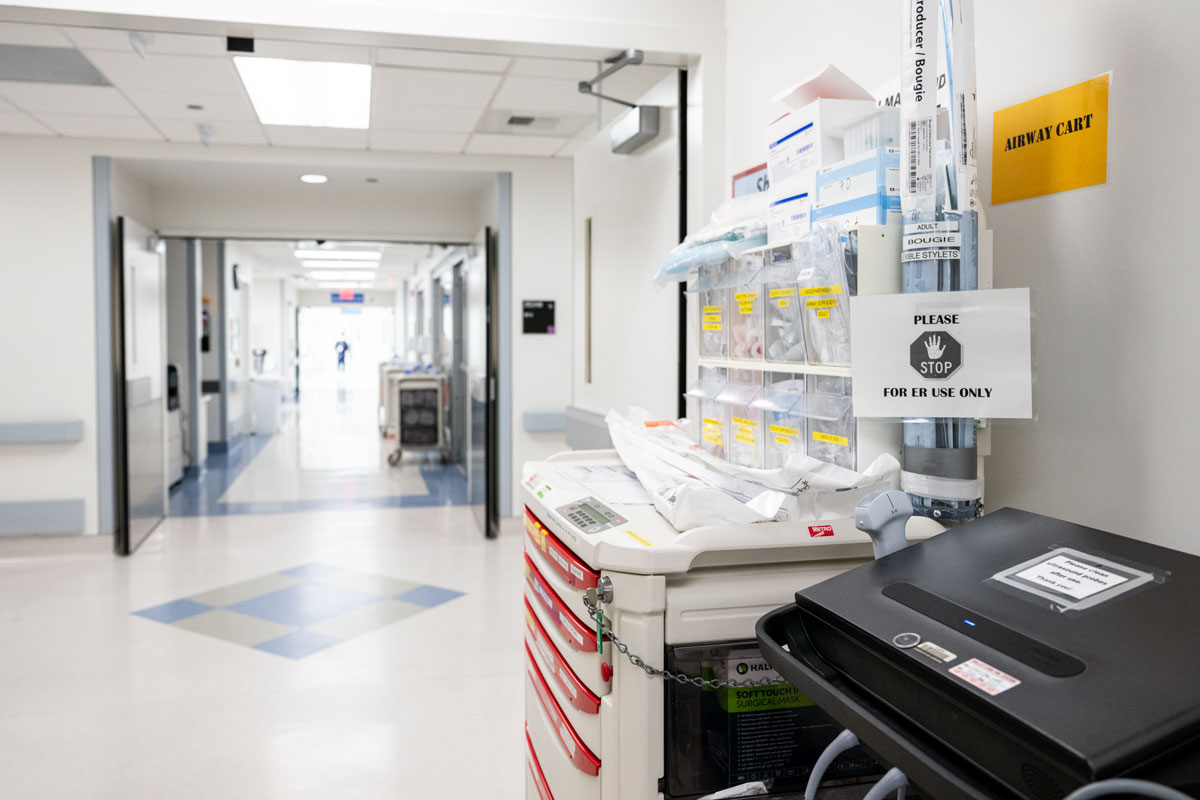
Night Float Survival
This lecture series focuses night float interns on high-yield clinical situations. Led by the night hospitalist attending, interns learn how to manage these “bumps” in the night.
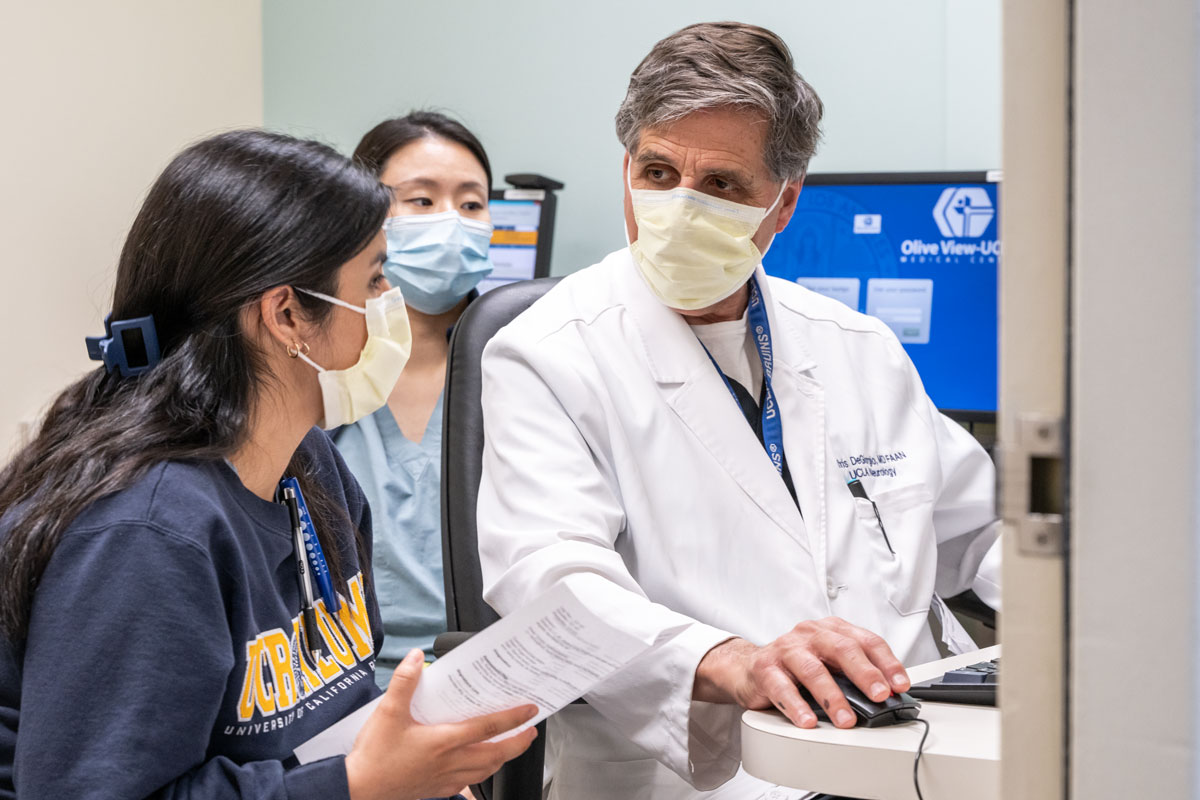
Clinical Teaching
Residents learn how to be more effective clinical teachers and give effective feedback during clinical teaching workshops. These are sprinkled into the curriculum, including the Academic Half-Day and Retreat. Residents who aspire further to become clinical educators may join the Medical Education Track.
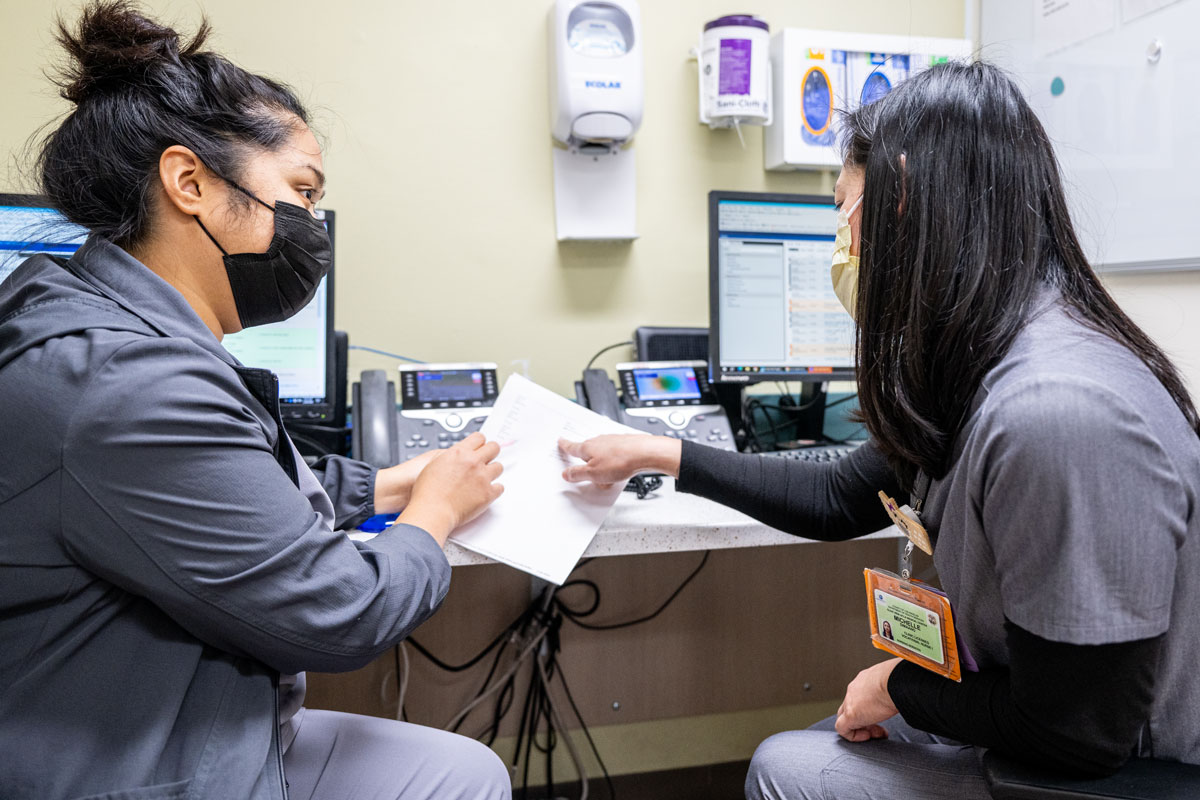
Quality Improvement
All residents participate in the QI curriculum during their PGY-2 year. Residents complete QI projects aligned with hospital, departmental, or residency priorities.
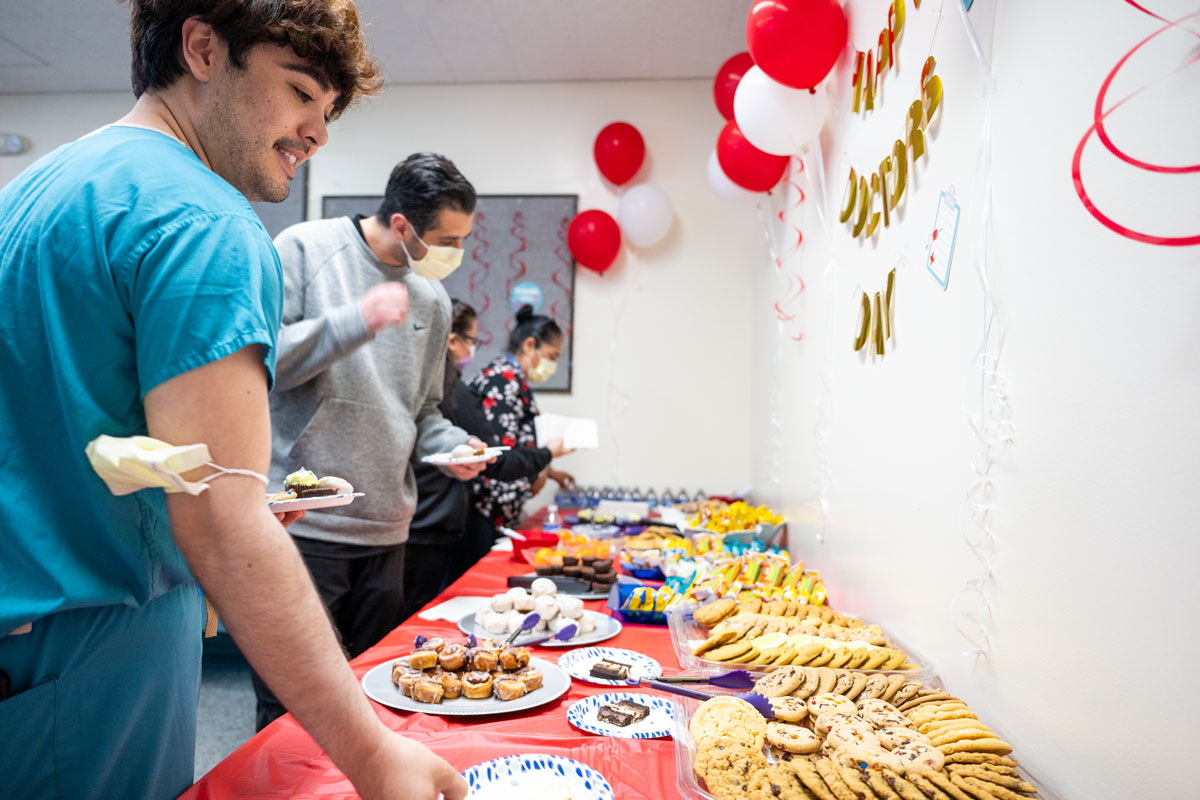
Wellness + Resilience
The Wellness curriculum includes reflective sessions, journal writing, and group activities. These are integrated into ambulatory week didactics and noon conference time.
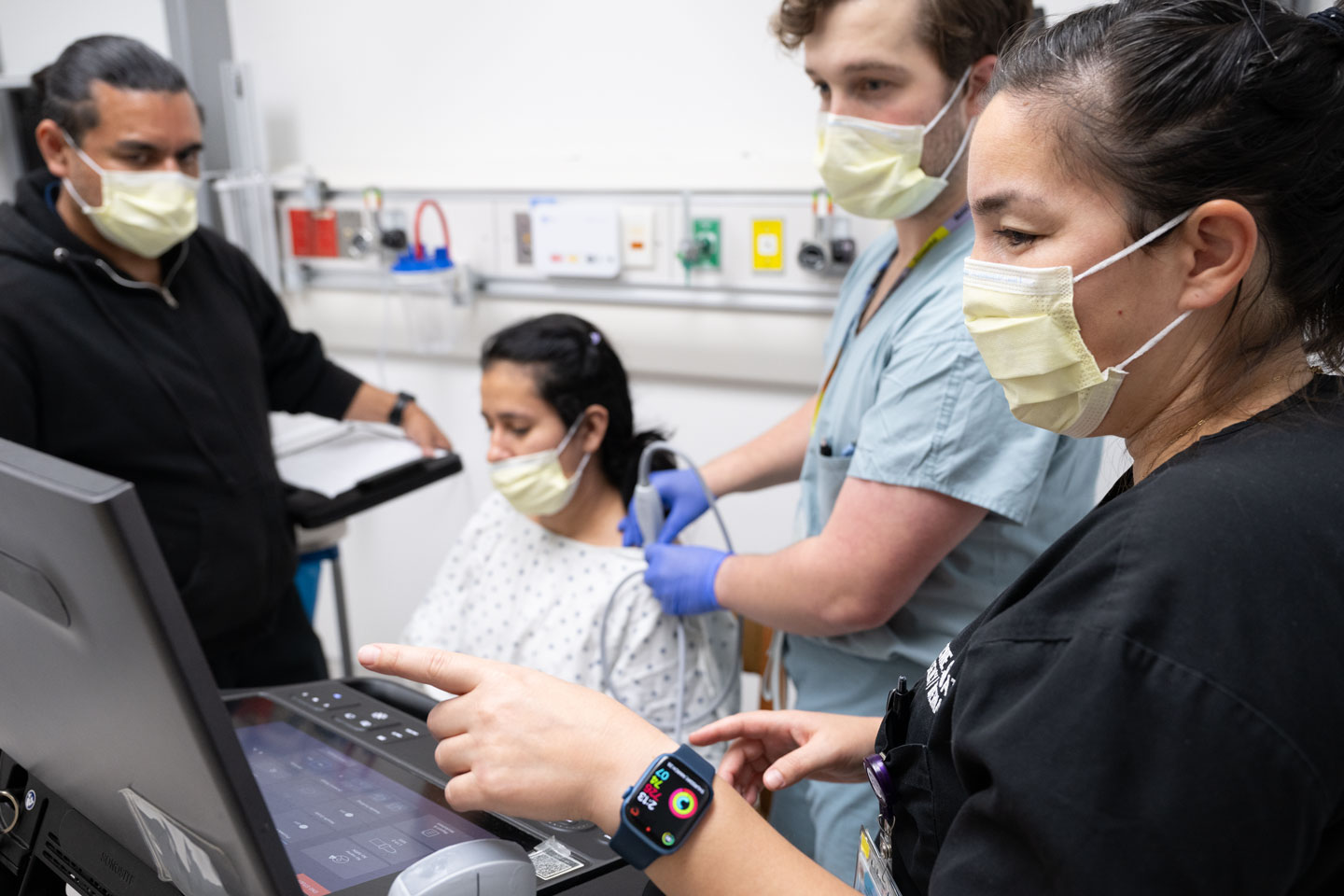
Procedures
Point-of-care ultrasound (POCUS) training is integrated into the Ward and ICU rotations and Academic Half-Day. US workshops during the lunch hour provide more in-depth didactics and hands on training. Some residents choose to obtain more experience by participating in ultrasound office hours or taking the dedicated ultrasound elective.
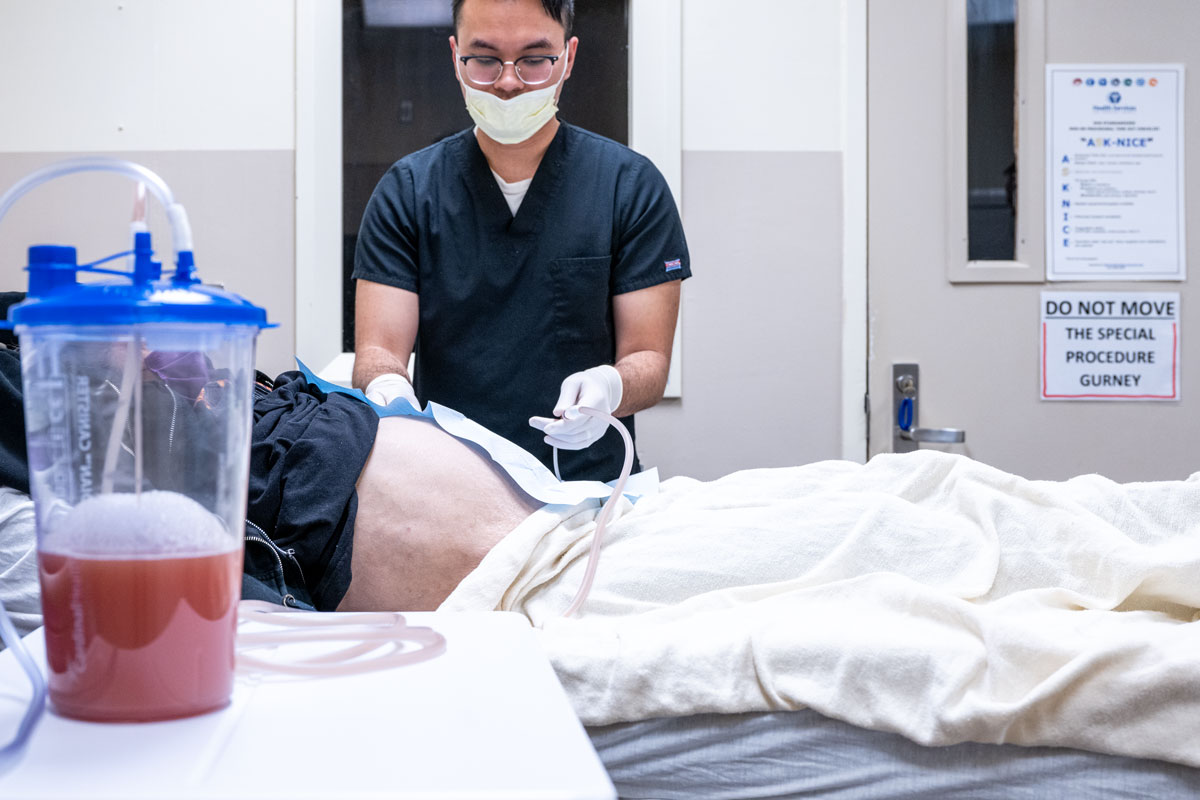
Procedures
Point-of-care ultrasound (POCUS) training is integrated into the Ward and ICU rotations and Academic Half-Day. US workshops during the lunch hour provide more in-depth didactics and hands on training. Some residents choose to obtain more experience by participating in ultrasound office hours or taking the dedicated ultrasound elective.

Simulation
Residents participate in code simulations during didactic sessions and retreats, fostering the skills needed in managing high-risk scenarios. Accessible code simulators at both the Olive View and UCLA campuses provide hands-on experience to enhance their skills in emergency situations.